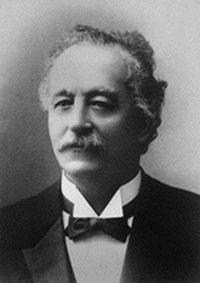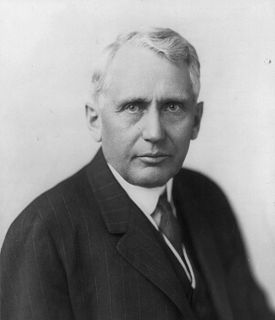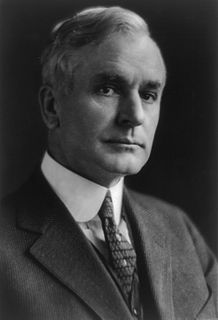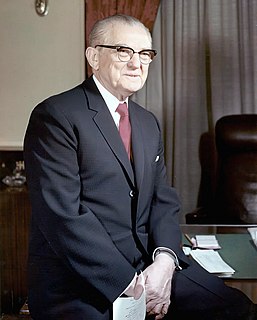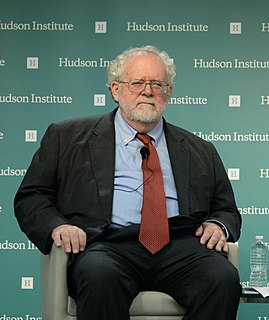A Quote by Elie Ducommun
War, we are told, shapes character; it resolves the major questions of international politics, consolidates nations, and indeed, constitutes the principal factor in the progress of civilization through its successive stages.
Related Quotes
The great error of nearly all studies of war, an error into which all socialists have fallen, has been to consider war as an episode in foreign politics when it is especially an act of internal politics and the most atrocious act of all . . . Since the directing apparatus has no other way of fighting the enemy than by sending its own soldiers, under compulsion, to their death-the war of one state against another state resolves itself into a war of the state and the military apparatus against its own people.
When war is waged, it is for the purpose of safeguarding or increasing one's capacity to make war. International politics are wholly involved in this vicious cycle. What is called national prestige consists in behaving always in such a way as to demoralize other nations by giving them the impression that, if it comes to war, one would certainly defeat them. What is called national security is an imaginary state of affairs in which one would retain the capacity to make war while depriving all other countries of it.
The human species does not necessarily move in stages from progress to progress ... history and civilization do not advance in tandem. From the stagnation of Medieval Europe to the decline and chaos in recent times on the mainland of Asia and to the catastrophes of two world wars in the twentieth century, the methods of killing people became increasingly sophisticated. Scientific and technological progress certainly does not imply that humankind as a result becomes more civilized.
All cultures forged by nations—the noble indigenous past of America, the brilliant civilization of Europe, the wise history of Asian nations, and the ancestral wealth of Africa and Oceania—are corroded by the American way of life. In this way, neoliberalism imposes the destruction of nations and groups of nations in order to reconstruct them according to a single model. This is a planetary war, of the worst and cruelest kind, waged against humanity.
Each discipline has the capacity to be interested in politics, and each would ask different questions of what politics is, what constitutes power, how power is maintained, how it circulates, how relationships are formed, how institutions are built, how they fall. Every discipline would answer those questions in different ways.
